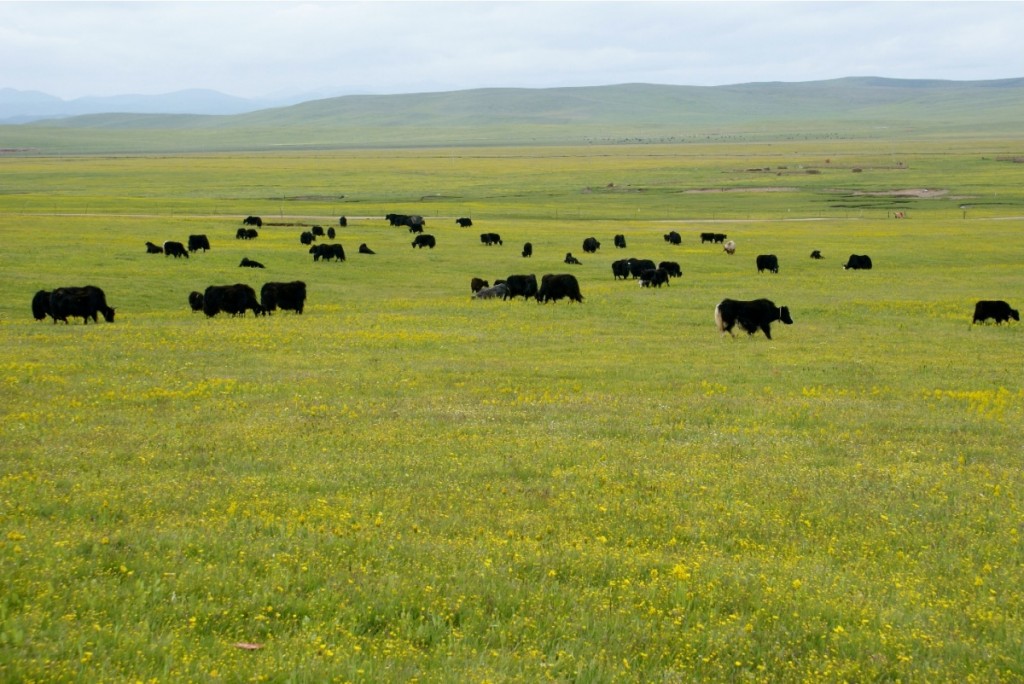
Talk: STATE INITIATED DEVELOPMENT AND ITS INFLUENCES ON LANDSCAPES AND POPULATION IN RURAL TIBETAN AREAS IN QINGHAI PROVINCE OF THE PRC
14/06/2016 Tana Dluhosova Events, News, TaiwanPresenter: Jarmila Ptáčková (Postdoctoral Fellow, Oriental Institute, Czech Academy of Sciences)
Moderator: Wang Ming-ke 王明珂 (Distinguished Research Fellow, Institute of History and Philology, AS)
Discussant: Tommaso Previato (Postdoctoral Fellow, Institute of History and Philology, AS)
Time: 14:30–17:00, June 23, 2016
Venue: INSTITUTE OF HISTORY AND PHILOLOGY, RESEARCH BUILDING, ROOM 703
Abstract:
The designated aim of the Xibu da kaifa development strategy, implemented in the western areas of the PRC since the turn of the century was to develop local infrastructure and as well to improve the socioeconomic conditions of local rural population. Local minorities inhabiting this area should get socially and also culturally better intergrated into the majority of China`s population and the overall living standards should get unified or at least closer to each other.However, the development agendas seems not to take into account the needs, wishes and adaptation ability of involved population.After 15 years of promoted development in western China, it is possible to say that not always did the development measures lead to an improvement of people’s life. In some cases they might even caused a set back through destroying the established ways of livelihoods and socioeconomic structures without offering any suitable and sustainable alternative. The focus will be on examples of governmental projects from the Huangnan prefecture aiming at developing Tibetan pastoralists and their living standards through sedentarisation. The abrupt change of living environment and livelihood conditions and lack of alternatives can cause severe sociocultural as well as economic disorders in the sedentarised community. This presentation will point out the different ways of local implementation of projects resulting in sedentarisation of pastoral population as well as strategies adopted by the relocated people to cope with the new environment. It as well aims to encourage a discussion about possible long-term impacts and solutions.
About the speaker:
Jarmila Ptackova absolved Chinese and Central Asian studies at the Humboldt University of Berlin, where she as well completed her PhD. Since 2005 she focuses on the current development strategy of the PRC and ist impact on the population and landscapes in the pastoral areas in western China. Since 2014, she is affiliated with the Oriental Institute of the Czech Academy of Sciences in Prague.
Organiser: Research Centre of the Oriental Institute at the Academia Sinica
backwards
